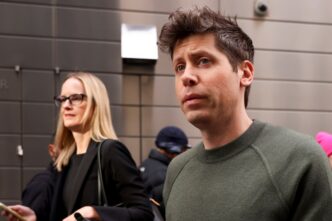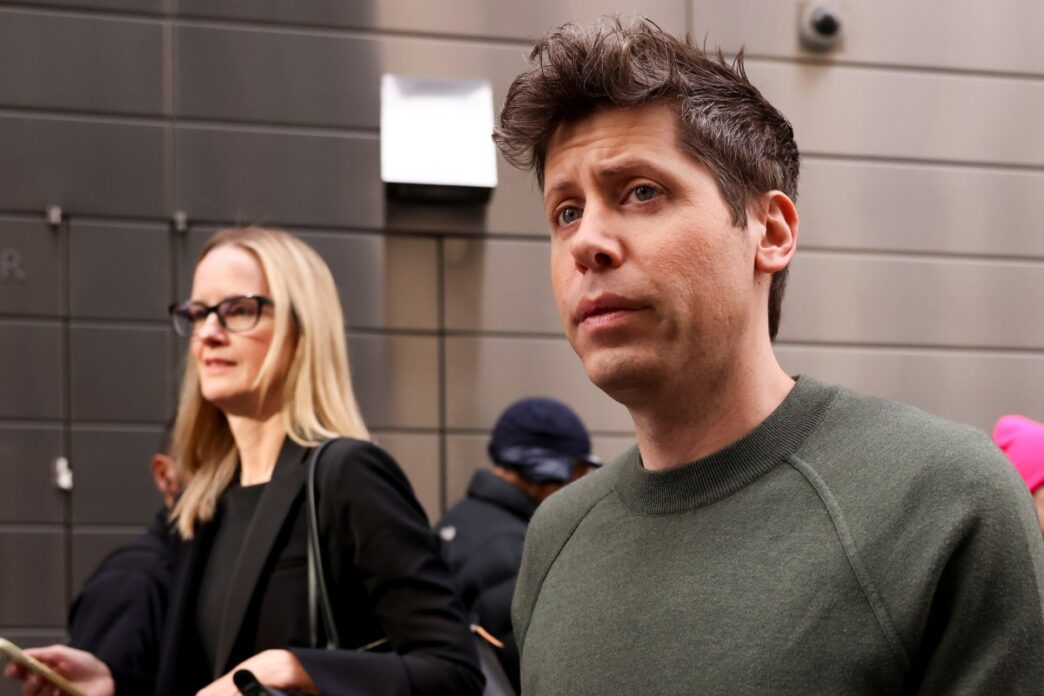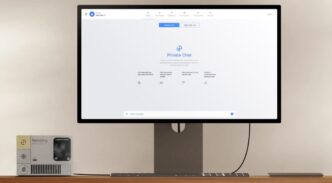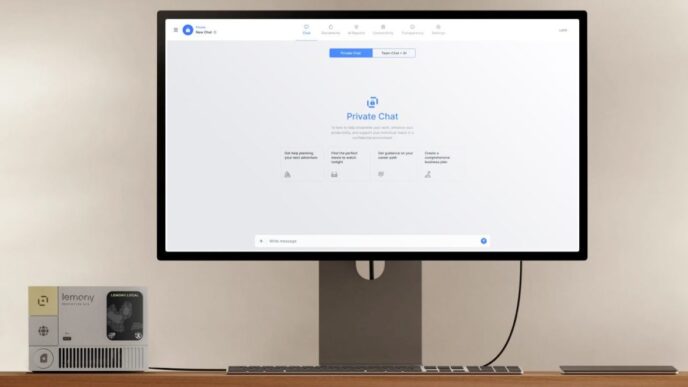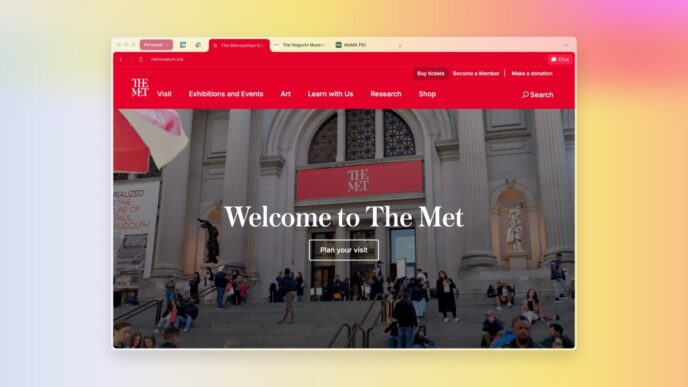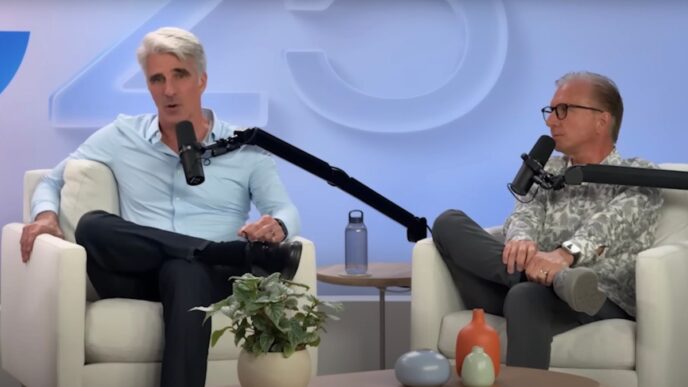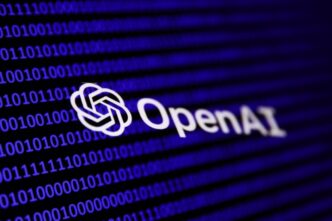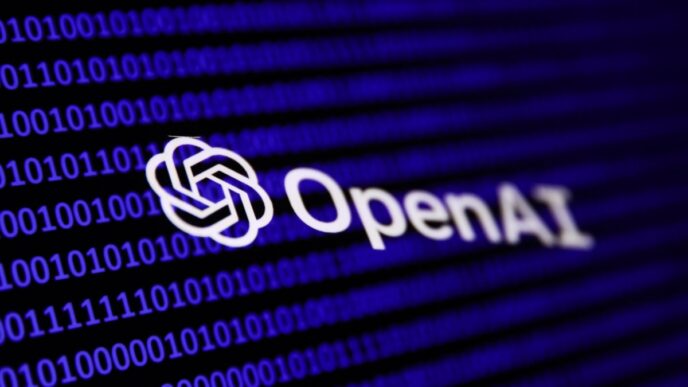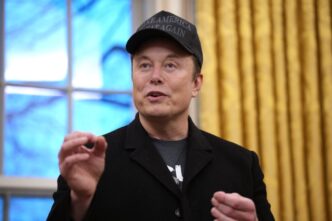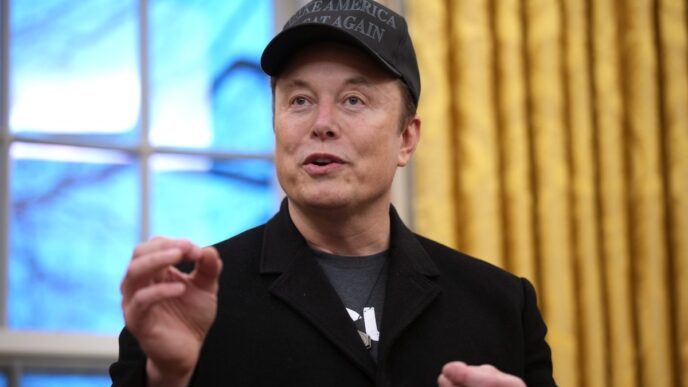OpenAI CEO Sam Altman laid out a bold vision for AI’s future in his new essay, “The Gentle Singularity,” published Tuesday. He predicts that by 2026, AI systems will crack novel insights, pushing beyond current capabilities.
Altman’s latest essay hints OpenAI is serious about building AI that doesn’t just assist but generates new, original ideas. This fits with OpenAI’s recent push around the o3 and o4-mini AI reasoning models released in April. President Greg Brockman called these models the first used by scientists to generate fresh, helpful ideas.
“Likely see the arrival of [AI] systems that can figure out novel insights,” Altman wrote in the blog.
This isn’t just OpenAI’s game. Google recently rolled out AlphaEvolve, an AI coding agent claiming breakthroughs in math problem-solving. Eric Schmidt-backed startup FutureHouse says its AI tools have made genuine scientific discoveries. Anthropic joined the bandwagon, launching a program to back AI-based scientific research in May.
The goal? Automate parts of the scientific process and shake up big fields like drug discovery and material science.
Altman has teased similar AI moves before. Back in January, he called 2025 the “year of agents.” Soon after, OpenAI launched AI agents like Operator, Deep Research, and Codex.
Getting AI to truly innovate, though, is still a massive challenge. Some experts doubt current AI can generate original hypotheses or ask great scientific questions. Hugging Face’s Chief Science Officer Thomas Wolf wrote an essay earlier this year saying modern AI falls short of asking the right questions. Kenneth Stanley, a former OpenAI lead now heading Lila Sciences, told TechCrunch that AI models today still can’t create novel hypotheses.
“This is a difficult problem because it involves giving AI models a sense for what is creative and interesting,” Stanley said.
Whether OpenAI nails AI-driven novel insights remains to be seen. But Altman’s essay clearly marks the company’s next big play.
